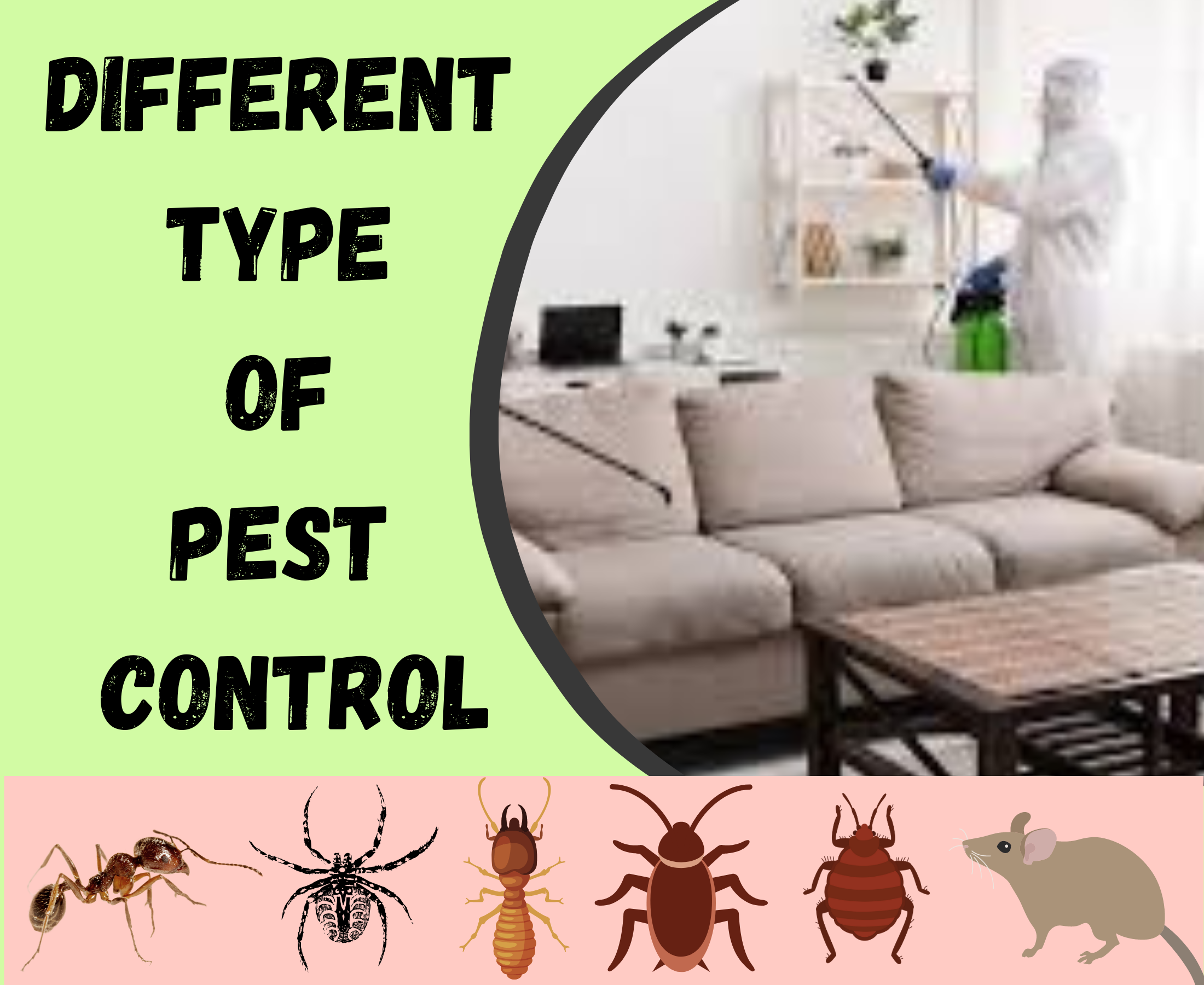The Facts About Pest Control Uncovered
Table of ContentsHow Pest Control can Save You Time, Stress, and Money.The Single Strategy To Use For Pest ControlGetting My Pest Control To WorkPest Control Things To Know Before You BuyAll about Pest Control
Limitations of Chemical Administration Have the ability to analyze insect problems, establish if monitoring is necessary, and make appropriate suggestions using IPM strategies. Be familiar with different methods of insect administration - their benefits and restrictions. Understand the worth of helpful pests. It is not possibleor also desirableto rid gardens of all insects.This chapter reviews (IPM), a method that uses understanding regarding pests and their, methods, nonchemical methods, and pesticides to handle parasite issues. Extra info concerning IPM for details plants is consisted of in chapters that concentrate on those plants. Insects in a yard or landscape may include bugs and termites, weeds,, creatures, and birds.
Insects and weeds, however, play a duty in the. After growing a garden or establishing a lawn, the natural process of plant sequence starts to restore and nonnative plants.
What we call "parasites" are part of a natural system at the office. A community has no insects. Just humans take into consideration particular species pests when they occur where they are not desired. We will certainly be a lot more successful in managing unwanted species when we realize that these organisms adhere to foreseeable patterns that we can utilize to our benefit.
Getting My Pest Control To Work
Pests prone to a chemical were promptly killed, leaving immune ones to breed and increase. It became clear that chemicals alone would not fix all insect troubles. Rather, overuse of chemicals created the growth of resistant parasites. Scientists started to establish a new approach to pest control. This brand-new strategy was referred to as integrated pest administration (IPM).
An IPM plan enables some level of insects in the atmosphere. Parasites are a lot less likely to make it through a program that makes use of several approaches of decreasing their populaces. Integrated insect management was very first recommended by entomologists since pests were the first group of pests to show challenging to handle with chemicals alone.
A limit is the factor at which activity ought to be taken. IPM has expanded beyond insects to monitoring of all pest populaces: weeds, disease microorganisms, and animals.
Facts About Pest Control Uncovered
Management as opposed to obliteration of parasites is the objective. An IPM plan begins with a careful evaluation of each parasite problem. Only then can one decide about the ideal strategies essential to reduce parasite activities. The life process of the bug, feasible damage, all-natural enemies, and impacts of climate, to name a few variables, are considered prior to a control plan is implemented - Pest Control.
Clover growing in a yard may be deemed an unwanted weed, yet as a bean it is manufacturing nitrogen for the dirt and the flowers are giving nectar to honey and various other. Tolerance you can try here for some weeds may become part of an IPM strategy. may be consuming the leaves of a plant, find more information however when they are recognized as the larvae of Eastern tiger swallowtail butterflies, their damages may be tolerated so we can enjoy the gorgeous butterfly.

The second most vital device in bug management is early intervention. Responding to problems swiftly, prior to they have time to increase, calls for a less dramatic intervention.
Some Known Questions About Pest Control.
Lots of risk-free, practical, nonchemical methods of plant defense and insect management may lower or remove the need to spray. Other techniques are most useful when utilized with chemicals. To implement administration techniques appropriately and to reduce losses, garden enthusiasts must recognize the sorts of pests that attack plants and understand pest biology.

Conducting a soil test and using only the suggested quantity of plant food and lime optimizes the benefit to the plant while decreasing troubles associated to too much usage of plant food - Pest Control. Covering the soil with a number of inches of mulch safeguards the plant in a number of methods: decreasing soil water loss to dissipation, reducing weed competitors, giving nutrients, and producing an appropriate environment for earthworms and microbes that maintain the dirt loosened for origins and damage down natural product to launch nutrients
If mulch touches the trunk, it can create a means for voles, microorganisms, and fungis to assault the plant. Do not make use of manure or compost that has not completely disintegrated as a leading clothing because it can encourage unwanted pests. Study recommends that farming is harmful to dirt structure.
3 Easy Facts About Pest Control Shown
If tilling is deemed required, take into consideration doing it in the loss when the life cycles of many parasites brings them near the surface area. At the surface, pests become exposed to the weather condition along with birds and various other all-natural opponents. Loss tilling can additionally ruin insects in plant deposits. Usage healthsome and insect-free licensed seeds and plants if readily available.
Comments on “A Biased View of Pest Control”